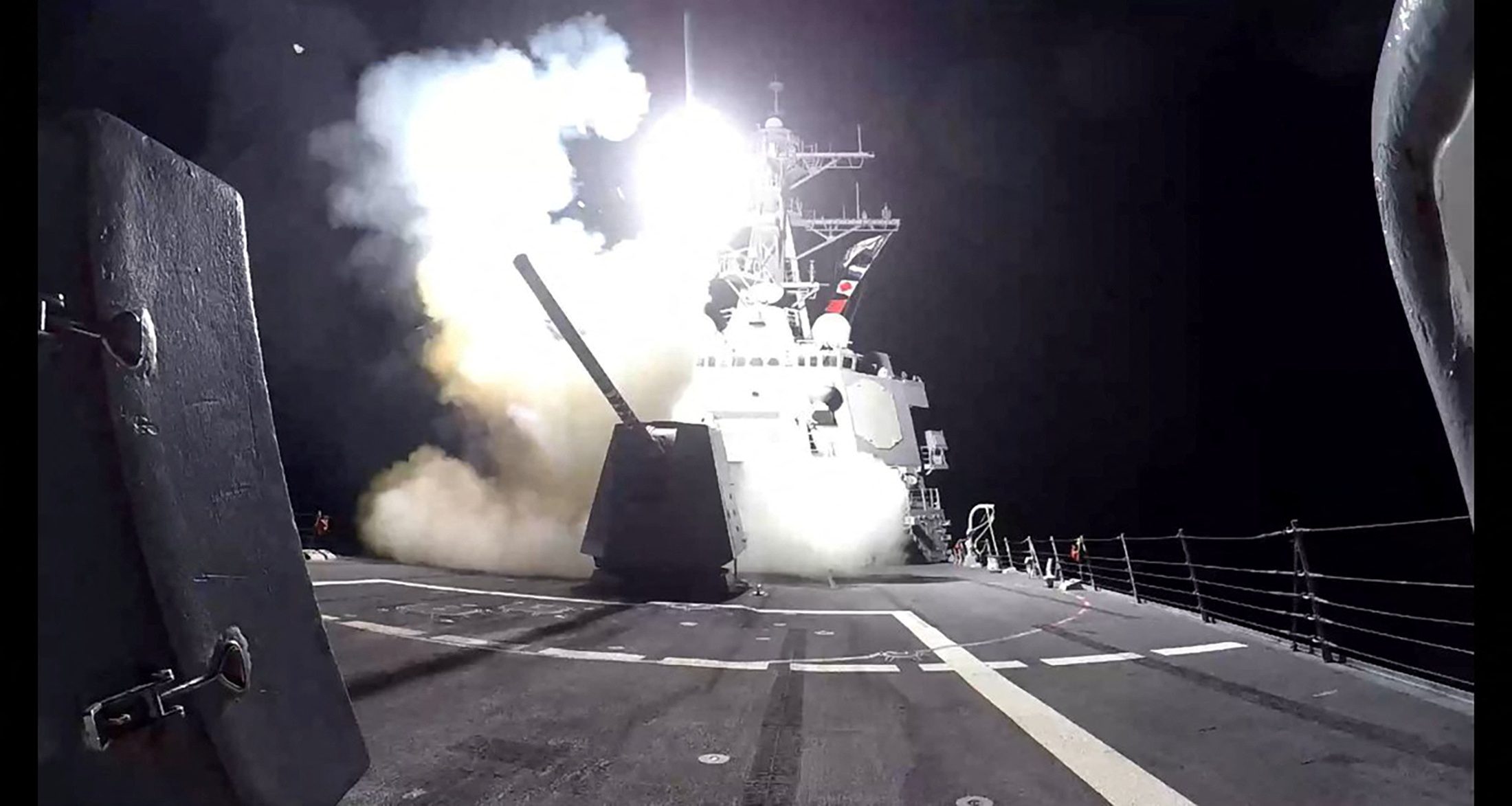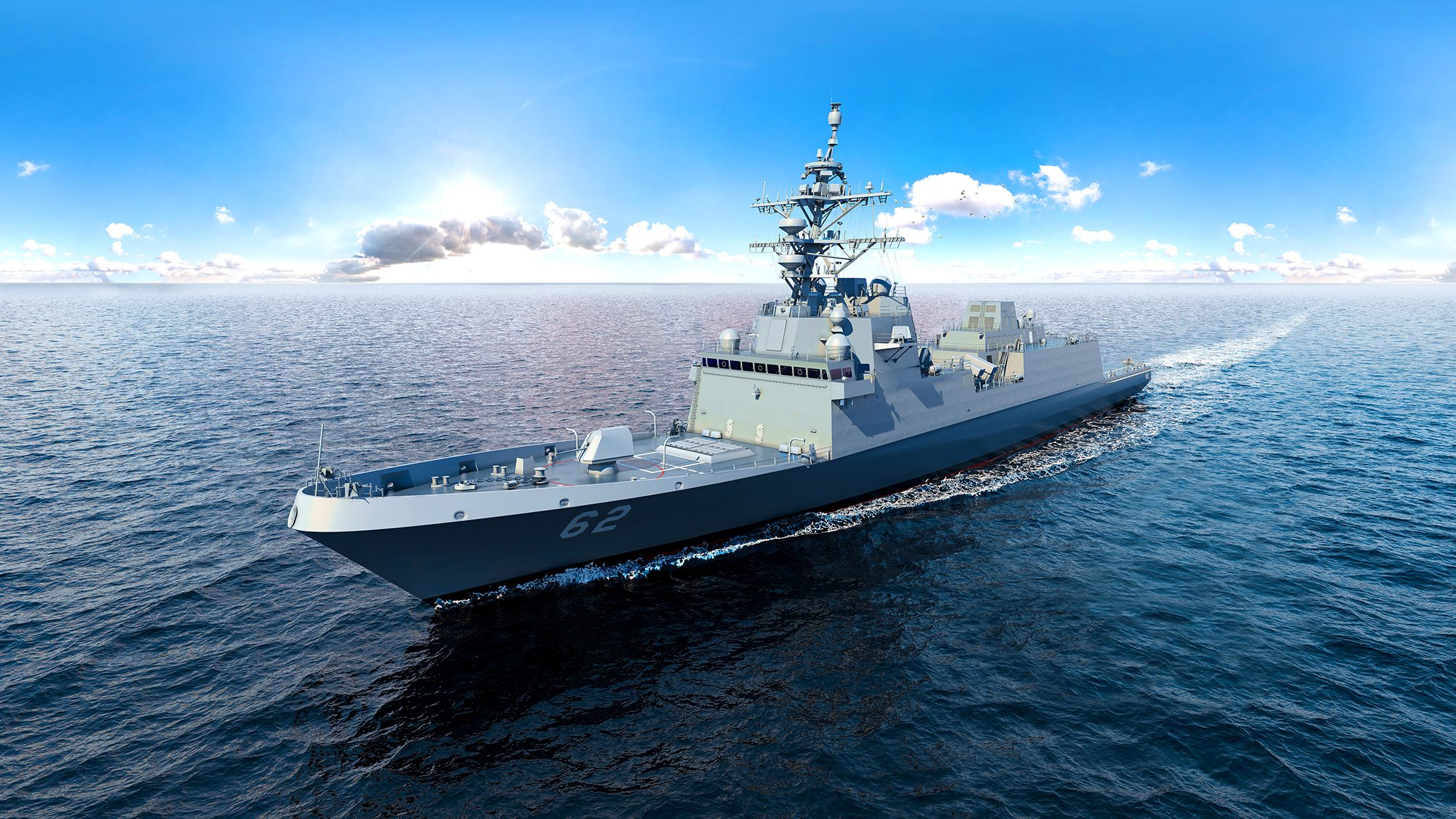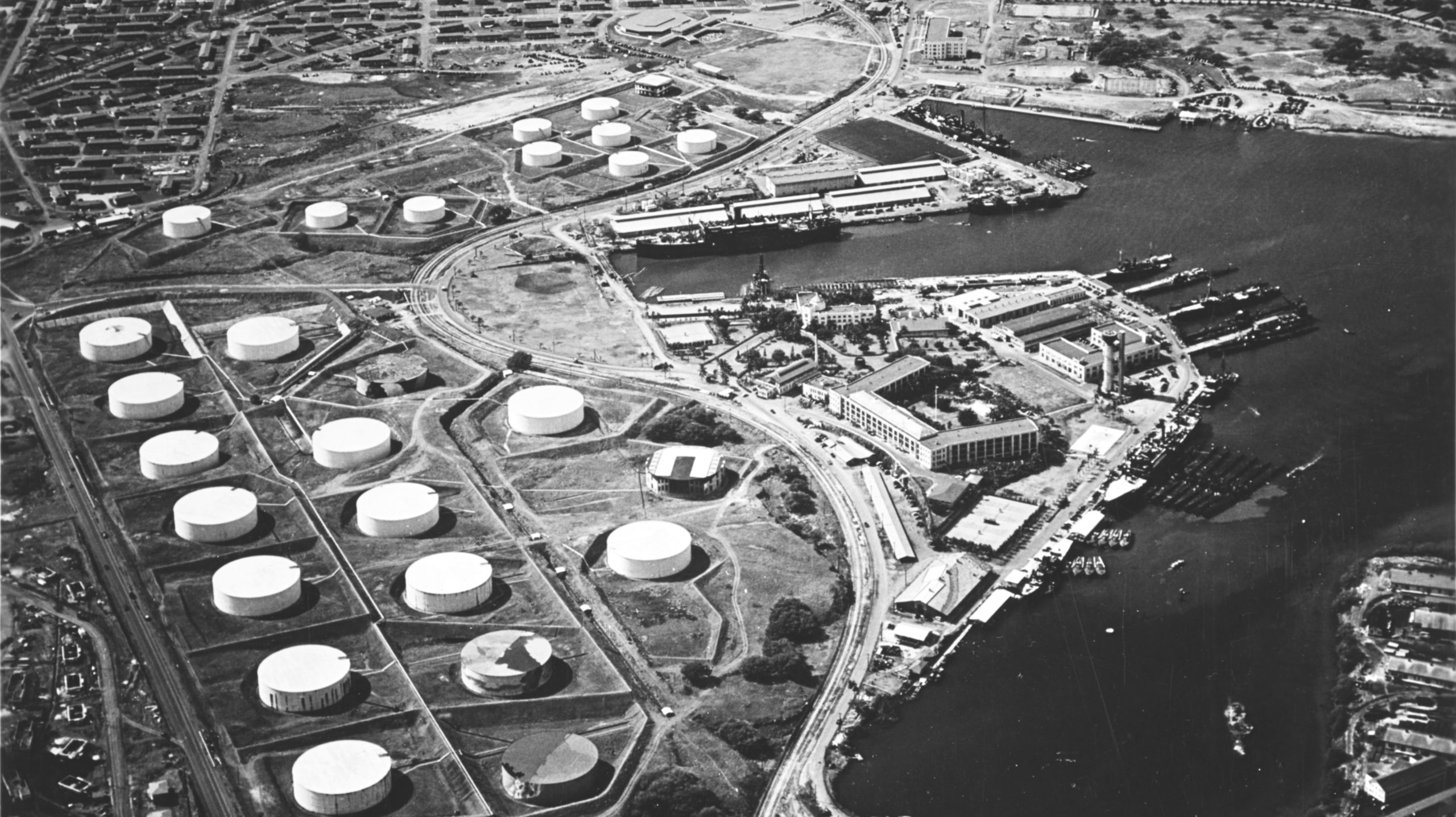(Bloomberg) As the US and UK launch airstrikes to stop Iran-backed Houthi rebels from attacking ships in the Red Sea, China again finds itself happily sitting on the sidelines.
It’s not because the world’s second-biggest economy doesn’t have a lot at stake: China imports about half of its crude oil from the Middle East, and it exports more to the European Union than the US. The Shanghai Containerized Freight Index last week rose to the highest level since September 2022, according to Bloomberg Intelligence, reflecting the added costs of potentially needing to divert ships around the tip of Africa.
But for Chinese leader Xi Jinping, the costs aren’t yet high enough to outweigh the risks of getting involved and the benefits of doing nothing. He can sit back and let the US and its allies fight the Houthis, stoking anti-American sentiment in parts of the Middle East, while portraying himself as a neutral arbiter and keeping the bulk of his forces ready to fight in Taiwan or the South China Sea.
Also Read: China’s Plan For Taiwan Invasion Is Not A Secret
“They don’t see much to gain from taking a stronger position,” Jennifer Welch, chief geo-economics analyst at Bloomberg Economics, said of Chinese leaders. “It’s similar to their approach to the Russia-Ukraine war, where they’re calling for peace but refusing to condemn or back away from Russia, or substantially contribute to efforts to advance peace.”
Asian shipping stocks advanced Friday after the Americans and British launched strikes on targets in Yemen, prompting the Houthis to vow a strong response. The Yemen-based rebels started attacking ships in the Red Sea with ties to Israel back in November to show support for Hamas.
On Friday, Foreign Ministry spokeswoman Mao Ning said China was “deeply concerned” about the escalation in the Red Sea but remained noncommittal on taking any action.
“We hope that all parties can play a constructive and responsible role to safeguard security and avoid any attacks against civilian ships, which is not good for international trade,” she said.
Over the past year, Xi has stepped up engagement with the Middle East in a bid to gain credibility as a global statesman. Last March, he took credit for a detente between Iran and Saudi Arabia, even though questions remain over the extent of Beijing’s role in brokering the deal.
More Middle East nations in recent weeks have urged China to use its regional influence to prevent a wider war, according to people familiar with the situation, who asked not to be identified. But China faces limitations in persuading either the Houthis or Iran, an increasingly important oil supplier.
“China has very little power projection capability in the Gulf, and certainly isn’t willing to get embroiled in a larger conflict,” said William Figueroa, assistant professor at University of Groningen in the Netherlands who studies China and the Middle East. “A stronger condemnation would risk upsetting their allies in Tehran, and wouldn’t achieve much of anything.”
Some in Beijing also see the Houthi attacks in the Red Sea as beneficial for China.
“In a way, the Houthis have inadvertently done China a big favor,” Xiao Yunhua, a professor at the People’s Liberation Army National Defense University, said in December on social media.
He claimed the disruption would push more traders to use rail networks, bolstering Xi’s signature Belt and Road Initiative to build infrastructure in emerging economies. “The expansion of the latter is precisely our international strategy to sever US hegemony, undermine American sea power, and promote global multipolarity,” he said.
Chinese container shipping giant China Cosco Shipping Corp. (COSCO) stopped delivering goods into Israel because of the threats and attacks posed by the militants. At least five vessels transiting the Red Sea are using their signals to say they have links to China in an effort to avoid being targeted, Bloomberg News reported Thursday.
China wants to take a holistic approach to the tensions in the Middle East, including the Houthi attacks, said Henry Huiyao Wang, founder of the Center for China and Globalization, a policy research group in Beijing.
“At the root is Israel’s attack on Gaza,” he said. “We need to really look at it as a whole picture rather than just separately.”
In the past, the US and its allies have struggled to persuade China to join international operations. When the seas off East Africa became a haven for pirates, it took several years to convince China that freeloading wasn’t an option, according to a foreign shipping executive in Beijing.
China has rebuffed a US-led task force — Operation Prosperity Guardian — to provide security for vessels transiting the Red Sea. The Chinese navy has vessels nearby conducting anti-piracy patrols, but they haven’t participated in efforts to protect the shipping lane.
The standoff could potentially impact the cost of Chinese imports of energy. China’s oil imports from the Middle East accounted for 46% of the country’s total crude imports in the first 11 months of last year, according to customs data.
Xi would likely face a backlash for sending forces to fight the Houthis, both from those in the Middle East who may oppose the move and hawks in the West who may raise concerns about Chinese military expansionism, according to Josef Gregory Mahoney, a professor of international relations at Shanghai’s East China Normal University.
“There probably would also be a lot of criticism from some Chinese people,” he said. “Especially the nationalists.”
© 2024 Bloomberg L.P.
Also Read: Biden Pushed Operation Prosperity Guardian Despite Strong Objections

 Join The Club
Join The Club










